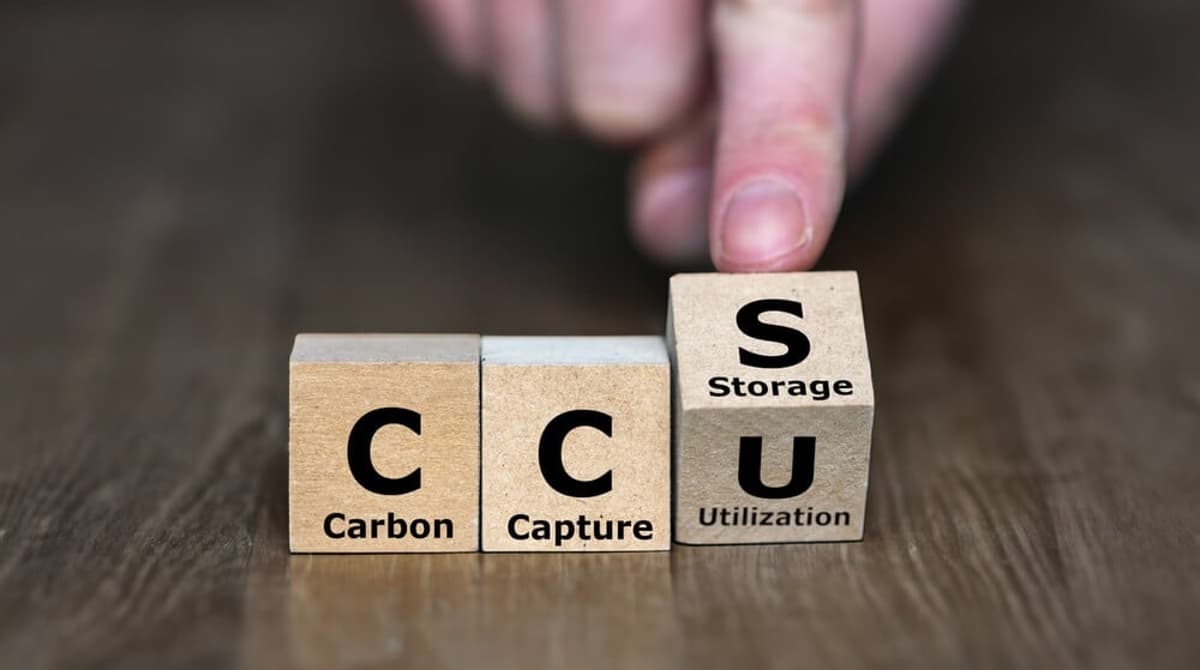Australian Government's Investment in Offshore Mapping for Carbon Capture and Clean Hydrogen Projects
Key Ideas
- The Australian Government is investing AU$566m in offshore mapping programs to support carbon capture and storage (CCS) and identify sites for clean hydrogen projects.
- Australian company Pilot Energy is leading the Mid West Clean Energy Project (MWCEP) near Geraldton, converting an offshore oil field into a CO2 storage operation to support CCS and blue hydrogen production.
- The project aims to store over 50 million tonnes of CO2, produce clean ammonia for export, and align with South Korea's Net Zero targets, showcasing Australia-Korea cooperation in CCS technology.
- The South Korean government is also investing in CCS projects like the CO2 subsea injection system at the Donghae field, demonstrating a global push towards low-carbon energy systems.
The Australian Government has committed AU$566m towards new offshore mapping programs to facilitate carbon capture and storage (CCS) initiatives and identify potential locations for clean hydrogen projects. This investment is in line with the country's Future Gas Strategy and aims to release more greenhouse gas acreage for CCS. Pilot Energy, an Australian company, is spearheading the Mid West Clean Energy Project (MWCEP) near Geraldton in Western Australia. The project involves repurposing the depleted Cliff Head offshore oil field into a CO2 storage operation capable of holding over one million tonnes annually from 2026. This initiative is a significant step towards achieving the project's goal of storing more than 50 million tonnes of CO2 and producing clean ammonia for export using blue and green hydrogen.
The Australian government's support for CCS has attracted the interest of Korean companies, with a delegation scheduled to visit the MWCEP. This collaboration is expected to strengthen Australia-Korea relations in the field of CCS technology. Furthermore, the South Korean government is actively investing in CCS research and development to integrate it into a low-carbon energy system. For instance, HD Korea Shipbuilding & Offshore Engineering is developing a CO2 subsea injection system at the Donghae field to capture and store 1.2 million tonnes of CO2 from industrial complexes. This signifies a global effort towards sustainable energy practices and highlights the positive outlook on CCS and clean hydrogen projects.
Topics
Green Hydrogen
Clean Energy
Government Support
Carbon Capture
Offshore Projects
CCS
Australia-Korea Relations
Latest News
